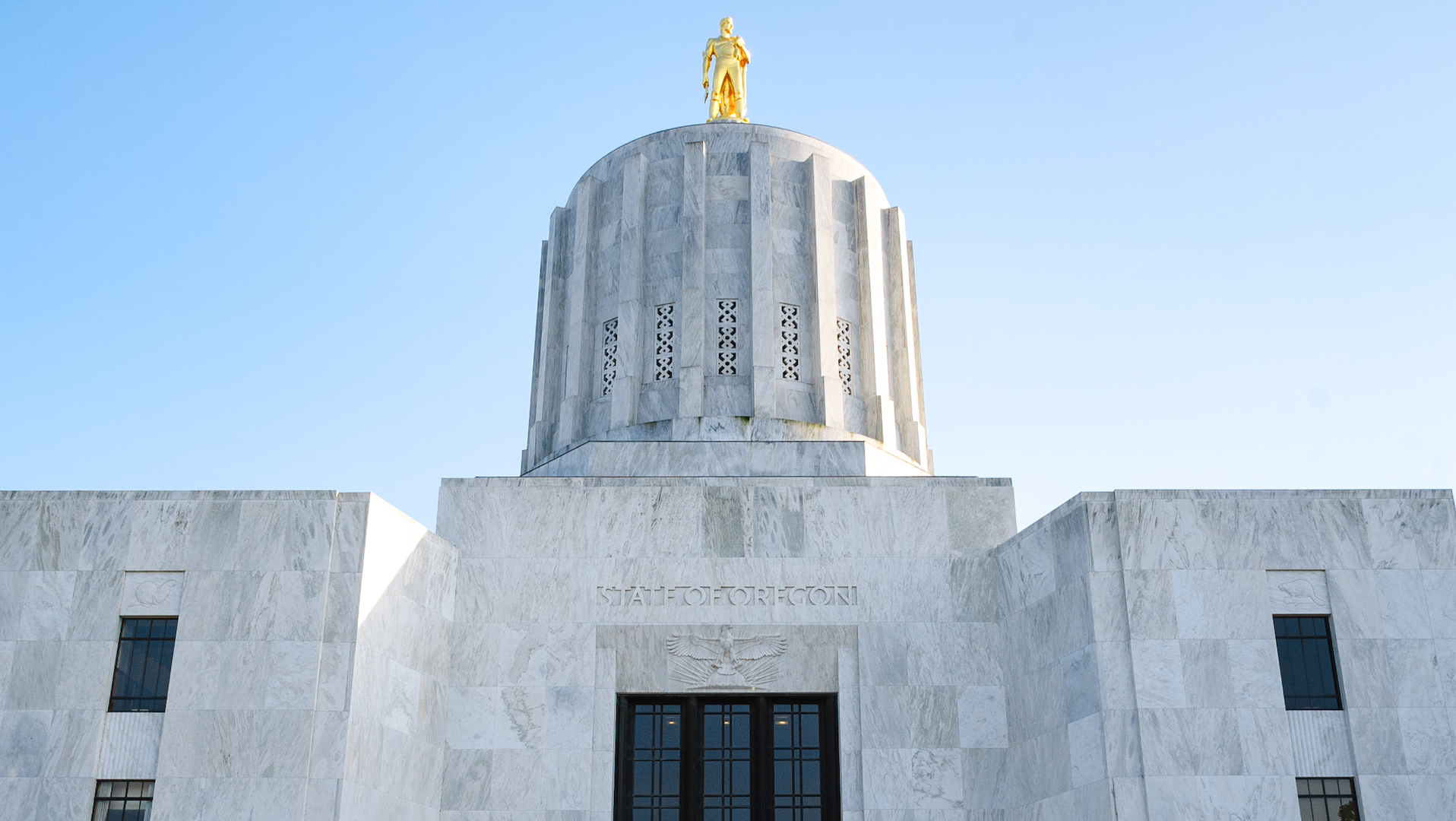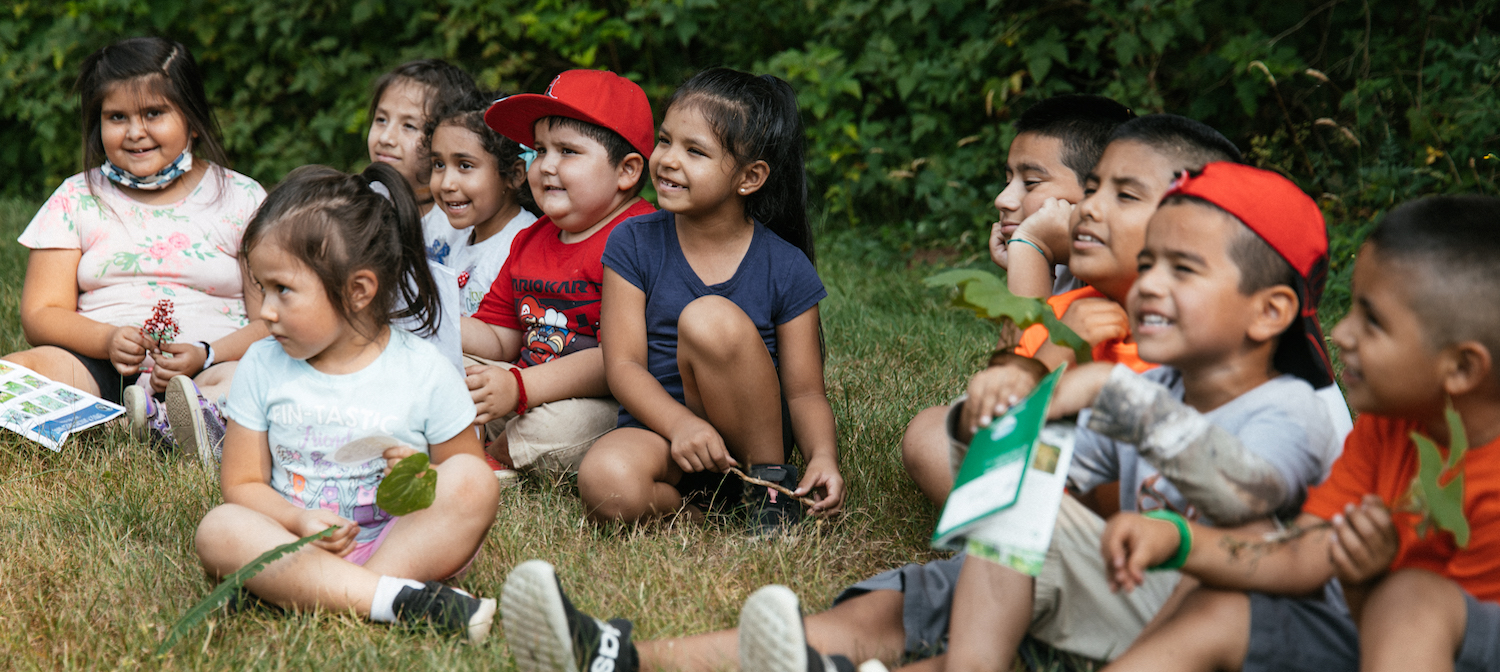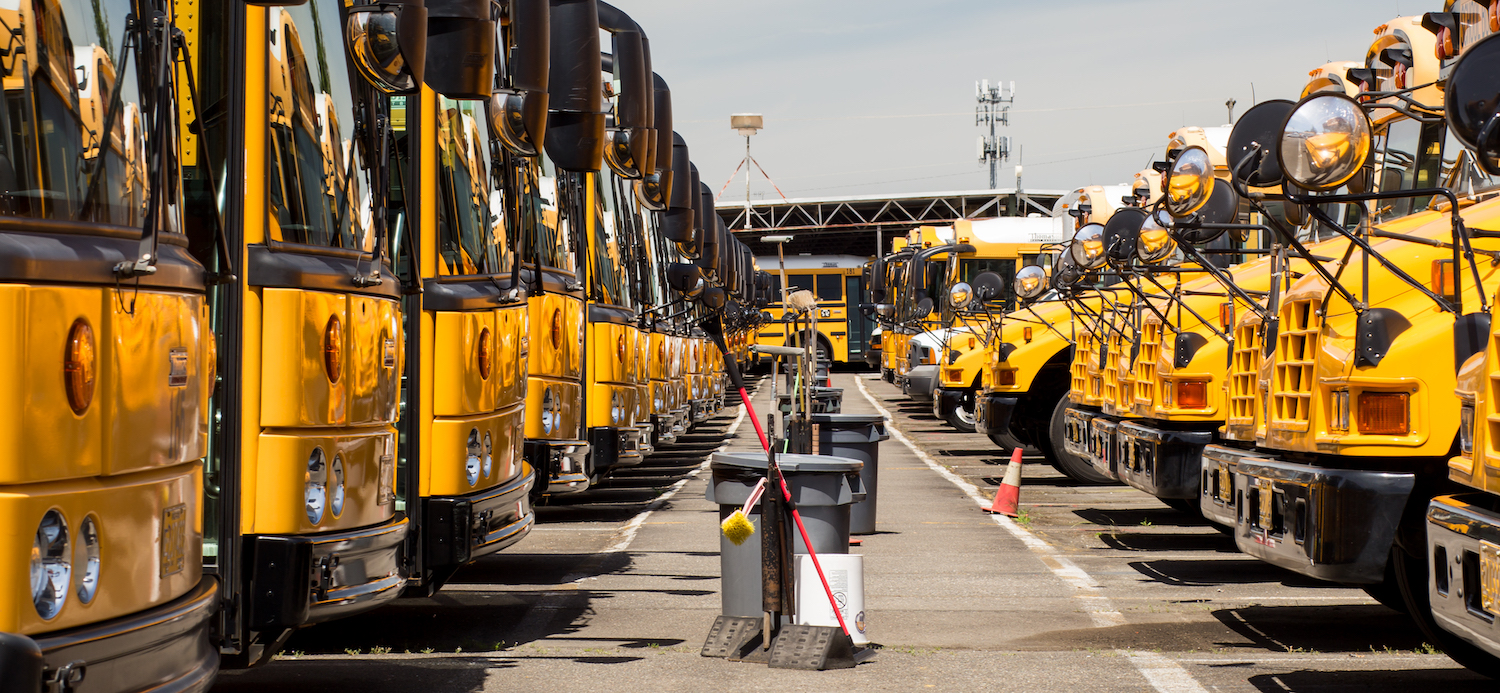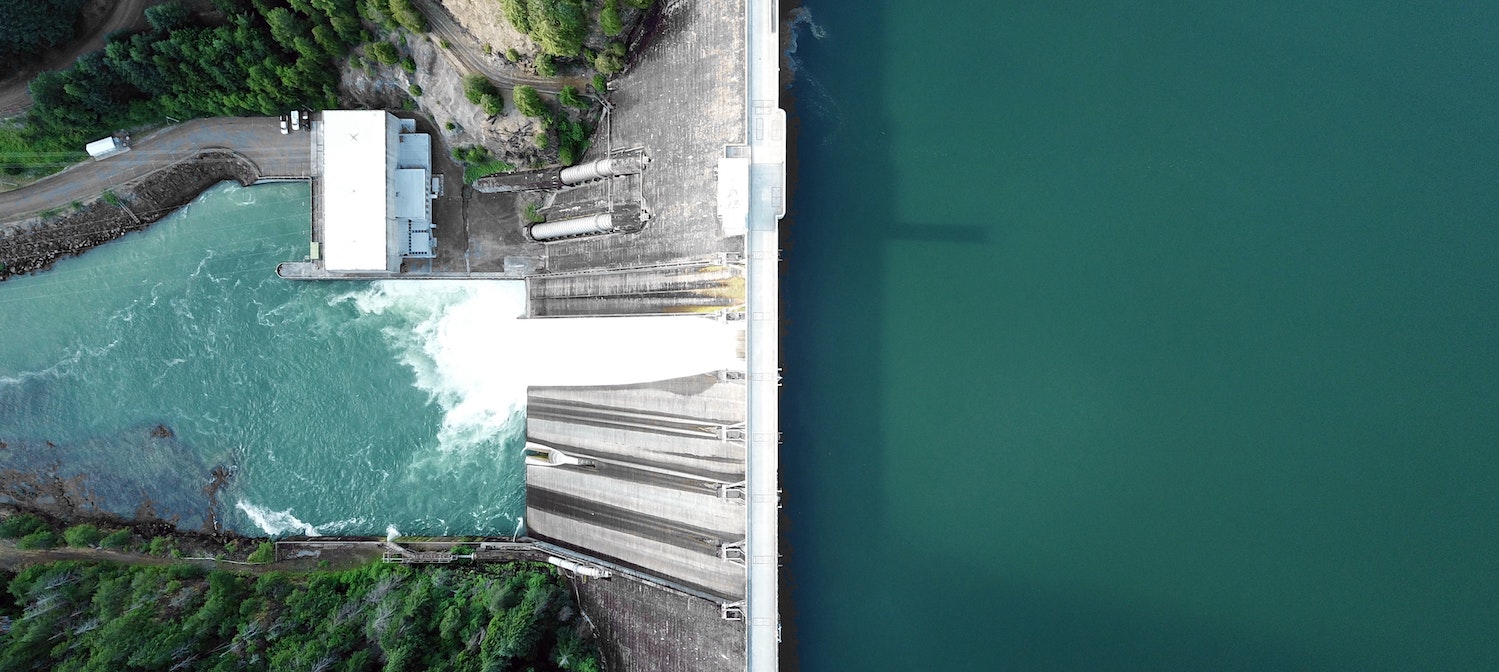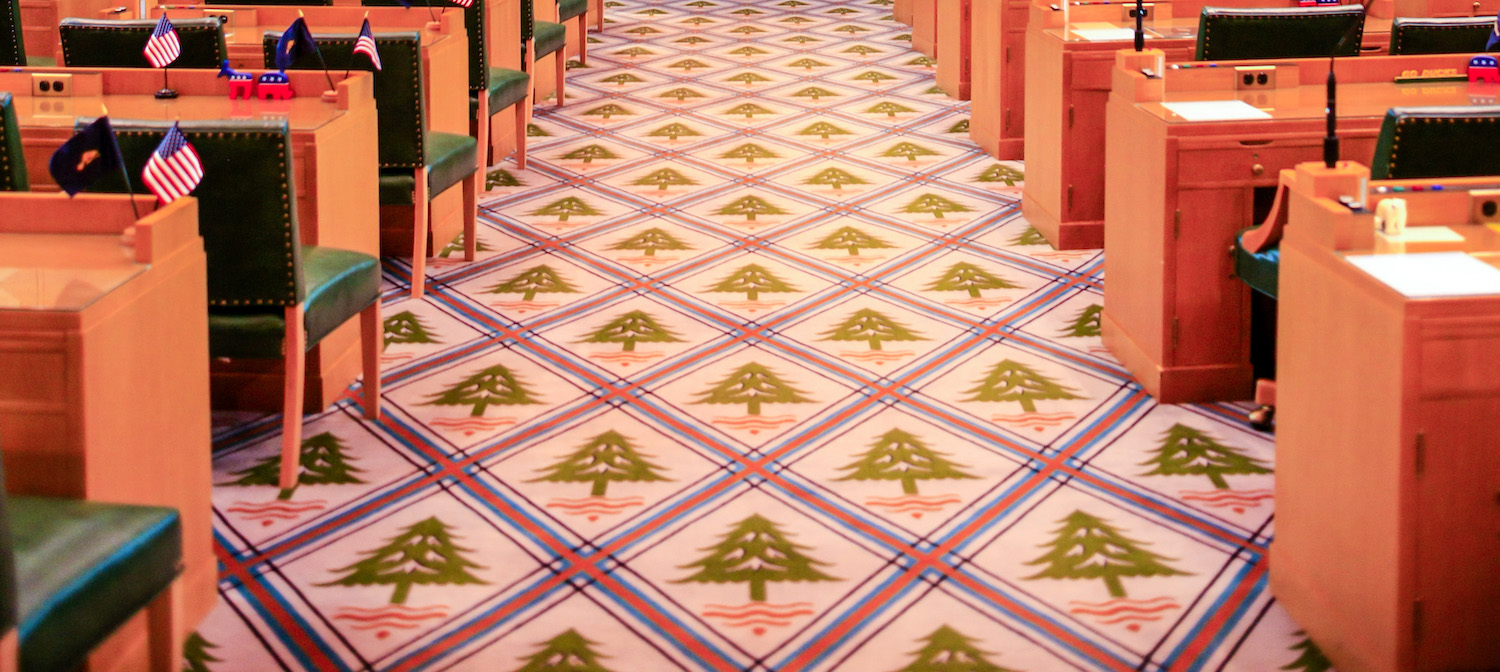Oregon Recommits to Investing in Summer Learning
This summer, thousands of Oregon students will once again have access to high-quality learning and enrichment programs thanks to House Bill 4082, which now awaits the Governor’s signature after overwhelmingly passing the Oregon House and Senate.
House Bill 4082 will invest $30 million in school districts this year to provide high-quality and culturally relevant summer learning programs in partnership with community-based organizations and tribal nations. These funds will immediately expand Oregon students’ access to school and community-based programs that boost youth engagement; accelerate academic success; nurture social and emotional learning; promote mental, physical, and behavioral health; and support college and career readiness.
Gov. Kotek made summer learning one of her top three priorities for the 2024 legislative session, putting Oregon back in line with national priorities and evidence-based strategies to counteract the COVID-19 pandemic’s impacts on student learning and well-being. With nearly thirty bipartisan legislative sponsors, House Bill 4082 won passage after a powerful community-driven advocacy campaign and unified support from public education associations representing Oregon educators, school administrators, school boards, and school staff.
"Our summer learning coalition partners, school districts, and the Oregon Department of Education are ready for summer 2024 with a strong plan," said Rep. Susan McLain, the chief sponsor of House Bill 4082 and a longtime public education champion, on the House floor. "We also know that districts cannot do this alone, and this legislation prioritizes partnerships that districts build with community organizations and local governments and tribal nations."
The $30 million investment will target funding toward school districts in both urban and rural communities where students would most benefit from summer learning. To ensure programs reach students with the greatest need, the legislation requires districts to partner with tribes and community-based organizations who hold deep trust with youth and families. Research and experience show such partnerships are essential to delivering culturally responsive summer programs that support students underserved by Oregon’s public education system, including students of color, tribal students, English language learners, LGBTQ2SIA+ students, students navigating poverty, students experiencing disability, and students from rural communities.
"Before students were ever exposed to public education, they were embraced and supported by their families and their communities," said Mark Jackson, Executive Director of REAP, Inc., in testimony to state legislators. "This value does not diminish over time, but increases in value in partnership with schools."
After a lapse in state funding forced summer programs to scale back last year, House Bill 4082 represents a recommitment to summer learning as a key part of Oregon’s K-12 education strategy. While advocates initially hoped for even greater investment, Oregon can build on this funding to make even bolder, more sustainable, and community-wide investments in summer and after-school learning for years to come.
"This bill contains the framework for a true summer learning program that will actually have metrics so that we’re sure that kids are getting the exact right services that they need to help them stay on track and meet their learning objectives," said Sen. Elizabeth Steiner, a co-chair of the Legislature’s budget-writing committee, on the Senate floor. "Is it enough? No. … But this is huge progress."
Looking ahead, House Bill 4082 will also launch an inclusive task force of state, community, and education leaders who will develop a strategy to sustainably expand, fund, and deliver summer learning and after-school programs across Oregon. Legislators will then have an opportunity to make a long-term commitment to summer learning in 2025, relieving Oregon families from the stress and uncertainty of year-to-year stopgap funding.
"As we advance conversations this year to examine how our schools are funded, I appreciate that this bill also creates a roadmap to explore sustainable funding for summer learning going forward," said Gov. Kotek in a statement praising the passage of House Bill 4082. "I envision an Oregon where all students have access to these essential learning and enrichment opportunities."
